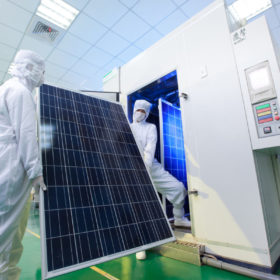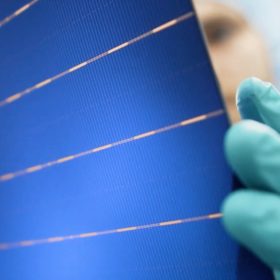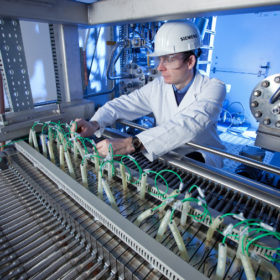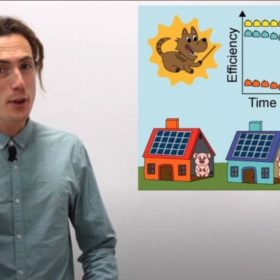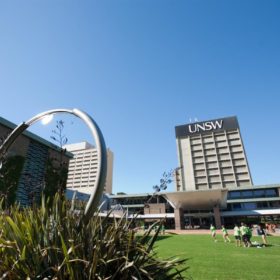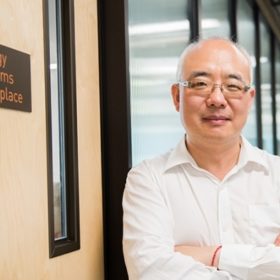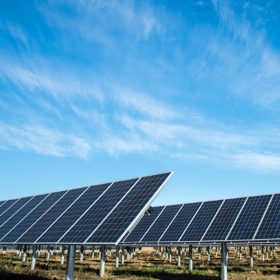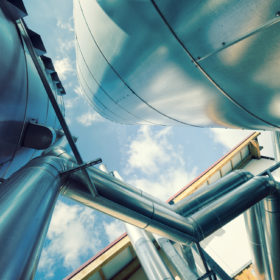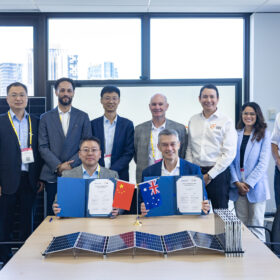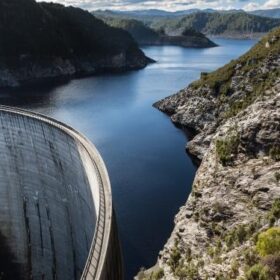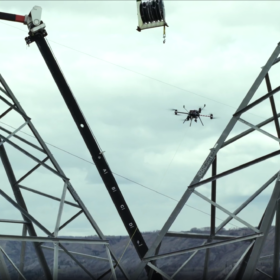Interview: The latest on solar module degradation
Solar system power losses due to degradation can be a hidden destroyer of PV value. Researchers from the UNSW are conducting world-leading research into degradation phenomena such as Light and Elevated Temperature Degradation (LeTID) and have found the problem widespread. Encouragingly, UNSW’s Alison Ciesla says that mitigation in production is possible.
Silver lining: Aussie startup’s next generation solar breakthrough gets ARENA funding
Despite weeks with a Morrison Government sponsored gas cloud overhead a silver lining has appeared in the form of SunDrive, an Australian startup which just received $3 million in ARENA funding to help scale its low-cost, high-efficiency solar cell and manufacturing process.
UNSW researchers calculate the inevitability of green hydrogen
Researchers from the University of New South Wales have run the numbers, run them again, and then run them a third time to make triply sure. Australia’s solar resources and the rapidly falling costs of solar-powered hydrogen production mean that the future hydrogen economy is green whether the Morrison Government likes it or not.
UNSW doctoral student’s solar fairytale wins 3 Minute Thesis Final
UNSW Faculty of Engineering doctoral researcher Bruno Vicari Stefani won the University’s Virtual 3 Minute Thesis Final by creatively reimagining the fable of the Three Little Pigs to demonstrate how combining hydrogen with low-cost silicon in solar can improve efficiency.
Heating up the heterojunction-LID discussion
Scientists led by the University of New South Wales have looked into the long-term degradation of silicon-heterojunction. Their findings suggest that illumination at high temperatures could actually improve cell efficiency, but also risks activating multiple light-induced degradation mechanisms if not carefully controlled.
UNSW’s grid-guru Prof. Dong nominated for global energy gong
University of New South Wales’ Professor Joe Dong, the grid-guru overseeing some of the most innovative and integral research projects determining Australia’s trajectory to a grid energised by renewables, has been nominated for the Global Energy Prize.
Industry super fund calls on Govt to heed investors and end policy vacuum
Hesta, a leading industry superannuation fund trusted by 860,000 Australians, has joined a host of other major investment firms nationwide calling on the Federal Government to encourage large-scale renewable investment by setting an emissions target and cleaning up its strategy.
UNSW research disproves outdated claim that energy transition is an economic hindrance
University of New South Wales researchers have published research disproving claims that the energy transition to large-scale wind and solar would hinder the global economy. The research, which ousts outdated and cherry-picked data while showing the economically salutary effects of renewables, comes as 500 UNSW staff face the axe due to the impact of Covid-19.
$4.9m in funding for UNSW Global Hydrogen Economy Training Centre
The faucet of federal funding for the future hydrogen economy keeps on flowing today as Minister for Education Dan Tehan announced $4.9m in funding for the development of the ARC Training Centre for the Global Hydrogen Economy. The announcement comes on the back of the establishment of the UNSW’s Hydrogen Energy Research Centre, a university-to-industry institute.
UNSW and Providence Asset Group form hydrogen research to market partnership
The University of New South Wales Sydney and Providence Asset Group are teaming up to form the Hydrogen Energy Research Centre, a university-to-industry institute toward the translation of hydrogen research into commercial production as Australia looks to become a world leader in hydrogen exports.
